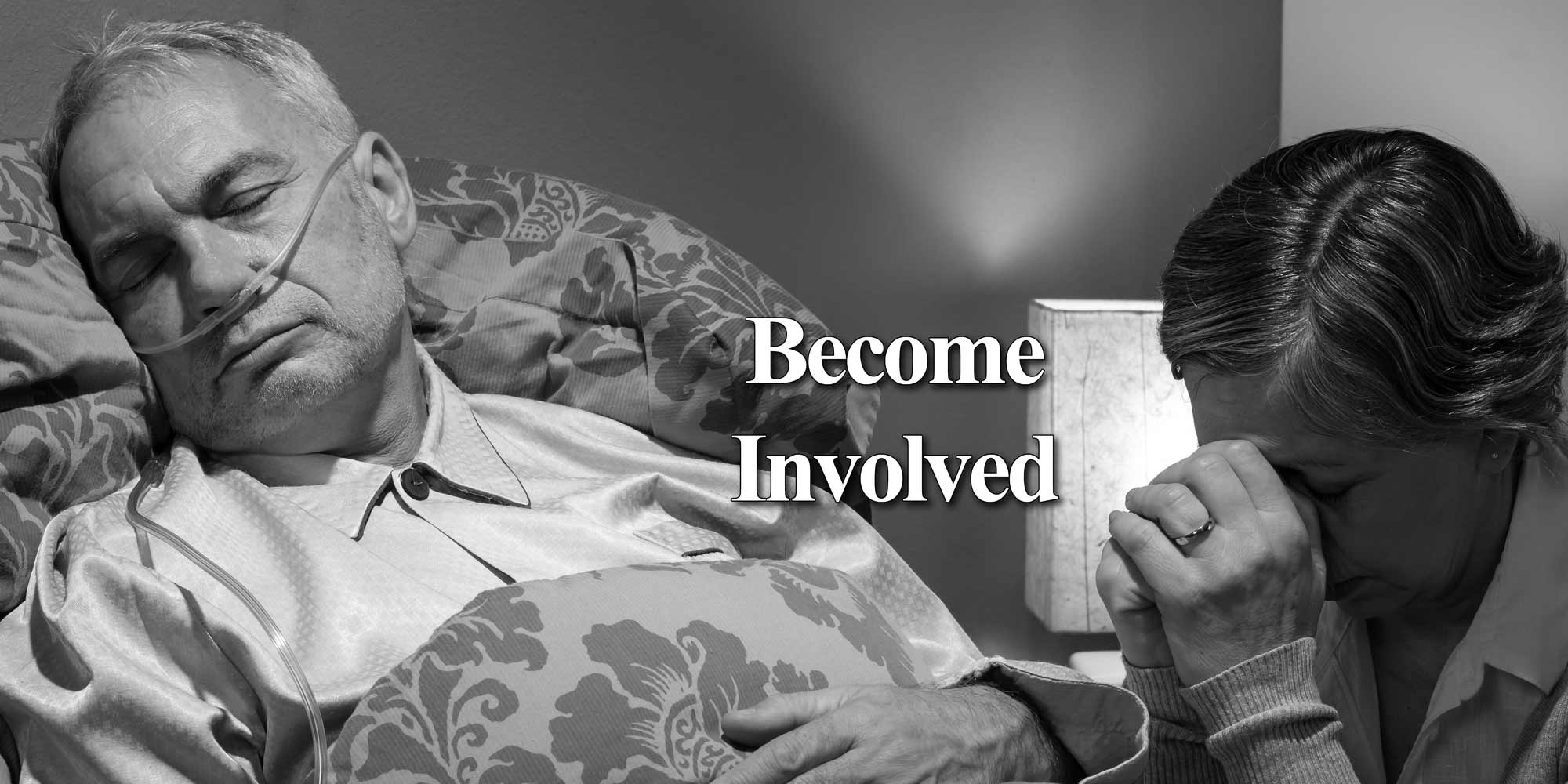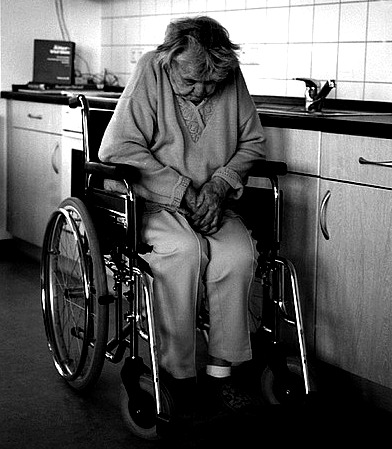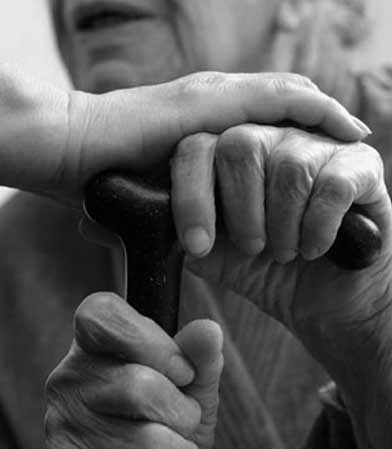
Make A Difference. Prevent Elder Abuse.
Concerned citizens of all ages can become involved to help prevent elder abuse.
Report suspected mistreatment to the local Adult Protective Services agency or law enforcement. Even though a situation may already have been investigated, if you believe circumstances are getting worse, keep speaking out.
Plan ahead to protect against financial exploitation. The National Center on Elder Abuse offers information on how to protect yourself or a loved one (PDF).
Be aware of the possibility of abuse. Look around and take note of what may be happening with your older neighbors and acquaintances. Do they seem to be withdrawn, nervous, fearful, sad, or anxious, especially around certain people, when they have not seemed so in the past? Learn to identify the Red Flags of Abuse (PDF).
Keep in contact. Talk with your older friends, neighbors, and relatives. Maintaining communication will help decrease isolation, a risk factor for mistreatment. It will also provide a chance to talk about any problems they may be experiencing.
Contact your local Area Agency on Aging office to identify local programs and sources of support, such as Meals on Wheels. These programs help elders to maintain health, well-being, and independence—a good defense against abuse.


Reporting Abuse
Each one of us has a responsibility to keep vulnerable elders safe from harm. An important way to help prevent elder abuse is by reporting it immediately. The laws in most states require helping professions in the front lines—such as doctors and home health providers—to report suspected abuse or neglect. These professionals are called mandated reporters. Under the laws of eight states, “any person” is required to report a suspicion of mistreatment.
Call the police or 911 immediately if someone you know is in immediate, life-threatening danger.
If you have been the victim of abuse, exploitation, or neglect, you are not alone. Many people care and can help. Please tell your doctor, a friend, or a family member you trust, or call the Adult Protective Services. A list of all the various state contacts can be found on our Resources Page. Relay your concerns to the local Adult Protective Services, Long-term Care Ombudsman, or police. If the danger is not immediate, but you suspect that abuse has occurred or is occurring, please tell someone.
You do not need to prove that abuse is occurring; it is up to the professionals to investigate the suspicions.
The professionals receiving your report are prohibited from releasing your information as a reporter. They may not disclose your identity to the alleged abuser or victim.

© 2017 Senior Lives Matter Too
We all can do our part.
Together, we have the power to prevent senior and elder abuse.
Contact us today for more information.

